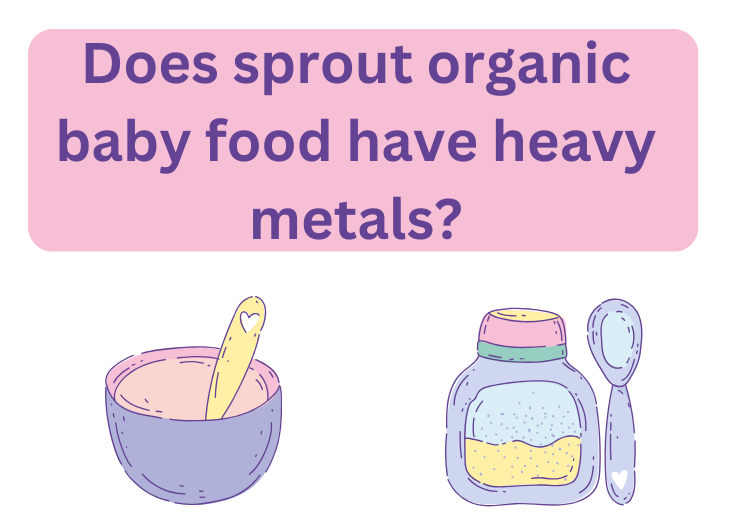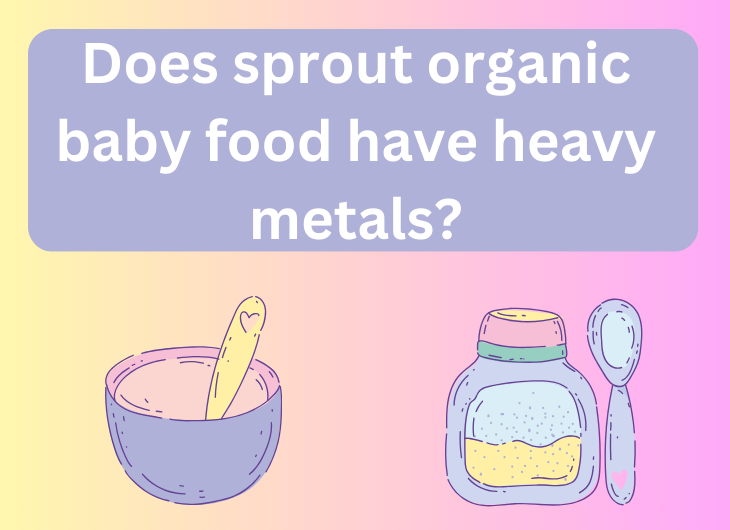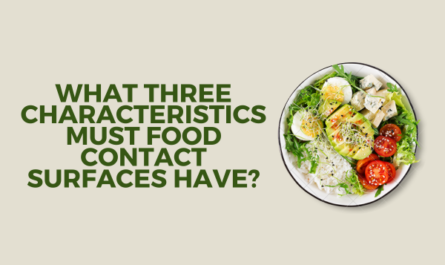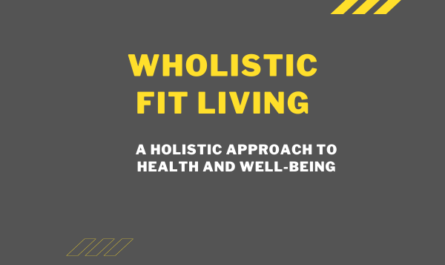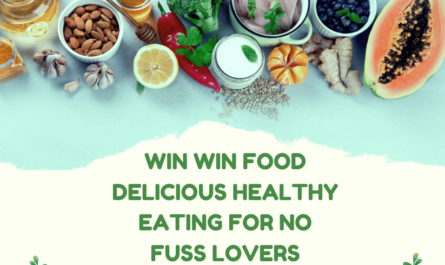Does sprout organic baby food have heavy metals?
A class action complaint filed against Sprout Baby Food Co. claims that hazardous quantities of metals like arsenic, cadmium, lead, and mercury were discovered in the company’s baby food products. It is crucial to remember that this is a legal assertion and not a research project. There have been no recalls or advisories from the FDA involving Sprout Organic Food products.
It’s also important to note that some infant food brands have been discovered to contain hazardous heavy metals including arsenic, cadmium, lead, and mercury in dangerously high concentrations. The Closer to Zero initiative was developed by the FDA to reduce the levels of hazardous metals in infant meals gradually.
Is sprout bad for babies?
The clear answer is yes; it can have a bad impact on the health of a baby because sprout organic baby food contains heavy metals such as arsenic, lead, cadmium, and mercury. Exposure to high levels of these heavy metals can be harmful, particularly for infants and young children whose developing bodies may be more susceptible to their effects. Chronic exposure to heavy metals may potentially lead to developmental delays, cognitive and behavioral problems, and other health issues.
What are the side effects of sprouts?
Sprouts are known to have been associated with foodborne illnesses due to the potential for bacterial contamination. The most common pathogens associated with sprout-related outbreaks are Salmonella and E. coli.
Here are potential side effects or risks associated with consuming contaminated sprouts:
Food Poisoning: Eating contaminated sprouts can lead to symptoms of food poisoning, including nausea, vomiting, diarrhea, stomach cramps, fever, and, in severe cases, dehydration and other complications.
Bacterial Infections: Consumption of sprouts contaminated with harmful bacteria like Salmonella, E. coli, or Listeria can cause bacterial infections, which may require medical treatment.
Digestive Issues: Contaminated sprouts can cause digestive problems, such as bloating, gas, and abdominal discomfort.
What are the alternatives to sprout organic baby food?
There are several alternatives to Sprout Organic Baby Food that you can consider for feeding your baby. When choosing baby food, it’s important to look for options that are age-appropriate, nutritionally balanced, and suited to your baby’s dietary needs and preferences. You can prepare fresh, homemade baby food using fruits, vegetables, grains, and proteins suitable for your baby’s age and stage of development. Puree or mash these ingredients to the appropriate texture for your baby. You can also purchase goods from 100% organic baby food companies.
Is organic baby food really better?
Yes, organic baby food should be the ultimate choice because that is much better than non-organic ones and it is the best food for your baby. The perceived benefits of organic baby food are often linked to the farming practices, regulations, and philosophy associated with organic farming. While research on the specific health benefits of organic baby food compared to conventionally produced baby food is ongoing and can vary, here are commonly cited advantages associated with choosing organic baby food:
Reduced Exposure to Pesticides and Chemicals: Organic farming avoids the use of synthetic pesticides, herbicides, and fertilizers, reducing potential exposure to harmful chemicals that may be present in conventional farming.
No Synthetic Additives or Preservatives: Organic baby food typically excludes synthetic additives, preservatives, artificial flavors, and colors. Some parents prefer a more natural approach to feeding their babies without unnecessary additives.
Avoidance of Genetically Modified Organisms (GMOs): Organic baby food prohibits the use of genetically modified organisms (GMOs). Some parents choose organic options to avoid potential health risks associated with consuming GMOs.
Environmental Sustainability: Organic farming practices often prioritize environmental sustainability by focusing on soil health, water conservation, and reducing pollution. This can align with environmentally conscious parenting.
Animal Welfare Considerations: Organic animal products (e.g., meat, dairy) come from animals raised with access to the outdoors, natural diets, and without the use of antibiotics and growth hormones.
Healthier Soil and Ecosystems: Organic farming practices promote healthier soil through crop rotation, composting, and reduced soil erosion, contributing to a more balanced and sustainable ecosystem.
Natural and Healthier Choices: Some believe that organic foods offer a purer and more natural choice, which they associate with better health and nutrition.
Potential Higher Nutrient Content: Some studies suggest that organic produce may have slightly higher levels of certain nutrients. However, more research is needed to confirm these findings and their impact on overall health.
What are some of the earth’s best organic baby food?
Our first choice of best organic baby food is Plum organic baby food which is a pure organic baby meal made with non-GMO ingredients and only organic fruits Plus, they’re unsalted and unsweetened. Another organic dry baby food is Aptamil Gold plus baby food which is suitable for babies from birth to 12 months, featuring key vitamins & minerals found in breast milk. It supports the immune system, brain & eye health. Explore the recommended products in detail by clicking on the names above. These products have been carefully selected to satisfy to your child’s health. Feel free to check all of the ingredients of each product to make an informed decision for your little one.
Conclusion: Does sprout organic baby food have heavy metals?
In conclusion, the presence of heavy metals in Sprout Organic Baby Food has raised concerns, as a class action complaint alleges that hazardous quantities of arsenic, cadmium, lead, and mercury were found in their products. It’s essential to note that this is a legal assertion and not a research project, and there have been no FDA recalls or advisories regarding Sprout products. Nevertheless, the potential risk associated with heavy metal exposure in baby food is a matter of concern, especially for infants and young children, who are more vulnerable to the adverse effects of these substances.
In light of these concerns, there are several alternatives to Sprout Organic Baby Food, including homemade baby food and products from other companies that offer 100% organic options. When it comes to specific alternatives, Plum Organic Baby Food and Aptamil Gold Plus Baby Food are worth considering, as they offer organic and nutritious options for your child’s health.
Ultimately, the choice of baby food is a matter of careful consideration, and parents should prioritize the safety and well-being of their children, keeping in mind the potential benefits of organic options and staying informed about any product-related concerns or recalls.
Click here to read more blogs: https://family-fitness-fun.com/is-pepticate-baby-formula-good-for-after-mixing-10-important-faqs/

